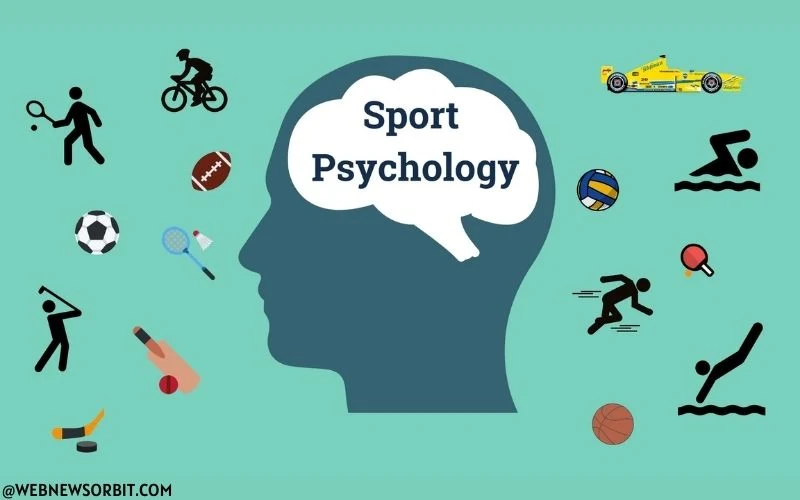What Are The ABC's of Sport Psychology? Sport psychology plays a pivotal role in helping athletes unlock their full potential.
Just as the alphabet is fundamental to language, the ABC's of sport psychology are essential for athletic success.
{getToc} $title={Table of Contents}
In this article, we will delve into the core principles that make up the ABC's of sport psychology, highlighting the importance of Attitude, Belief, and Concentration in achieving peak performance.
A is for Attitude
Positive Self-Talk
The way athletes talk to themselves greatly influences their performance. Positive self-talk is a critical component of a winning attitude.
When athletes replace negative thoughts with positive affirmations, they boost their confidence and resilience. This not only helps them overcome challenges but also enhances their overall mental state.
Goal Setting
Setting clear and achievable goals is another key aspect of attitude. Goals provide direction and motivation, helping athletes stay focused on what they want to achieve.
Effective goal setting involves creating specific, measurable, attainable, relevant, and time-bound (SMART) goals. This approach empowers athletes to track their progress and make necessary adjustments along the way.
B is for Belief
Self-Efficacy
Belief in one's own abilities, known as self-efficacy, is fundamental to success in sports. Athletes who believe they can perform well are more likely to put in the effort required to excel.
Coaches and sport psychologists often work on enhancing an athlete's self-efficacy through positive feedback, constructive reinforcement, and building confidence.
Visualization
Visualization, or mental imagery, is a powerful tool that aids in building belief. Athletes can mentally rehearse their actions and strategies, helping them become more confident in their abilities.
By visualizing success, athletes can reduce anxiety and increase their chances of achieving their goals.
C is for Concentration
Mindfulness
Concentration is the ability to focus on the task at hand, free from distractions. Mindfulness techniques, such as meditation and deep breathing, can help athletes develop this crucial skill.
Mindful athletes are better equipped to stay in the present moment, which is essential for peak performance. They can handle pressure more effectively and make better decisions under stress.
Focus Techniques
In addition to mindfulness, various focus techniques can improve concentration. These techniques include narrowing attention, maintaining a routine, and using trigger words or phrases to regain focus when distractions arise.
Coaches and sport psychologists often work with athletes to tailor these techniques to their individual needs.
Conclusion
In conclusion, the ABC's of sport psychology - Attitude, Belief, and Concentration - are the building blocks of athletic excellence.
Developing a positive attitude, bolstering self-belief, and honing concentration skills can significantly enhance an athlete's performance on the field or court.
By incorporating these principles into their training and mindset, athletes can strive for greatness and achieve their goals.
Sport psychology continues to evolve, offering athletes and coaches innovative tools and strategies to enhance performance.
As athletes embrace the ABC's of sport psychology, they pave the way for a brighter, more successful future in their respective sports.
Remember, just as mastering the alphabet is the first step in learning a language, mastering these fundamental principles is the first step in achieving sporting greatness.
If you want to stay updated like this always, then definitely Follow and Subscribe to Web News Orbit. If you want information on any topic then do not forget to write in the Comment.

